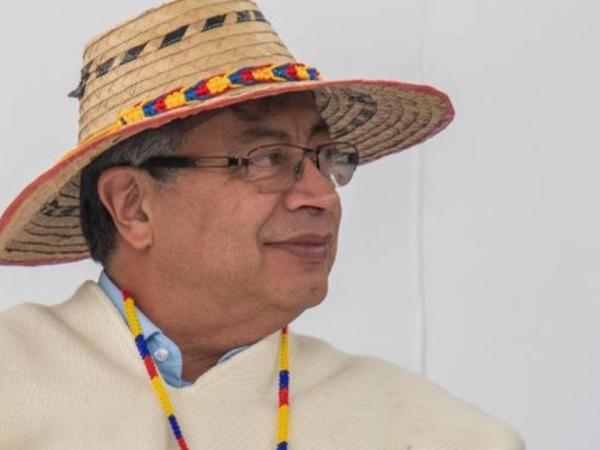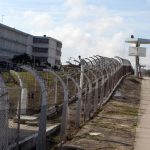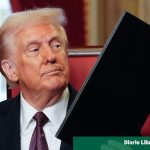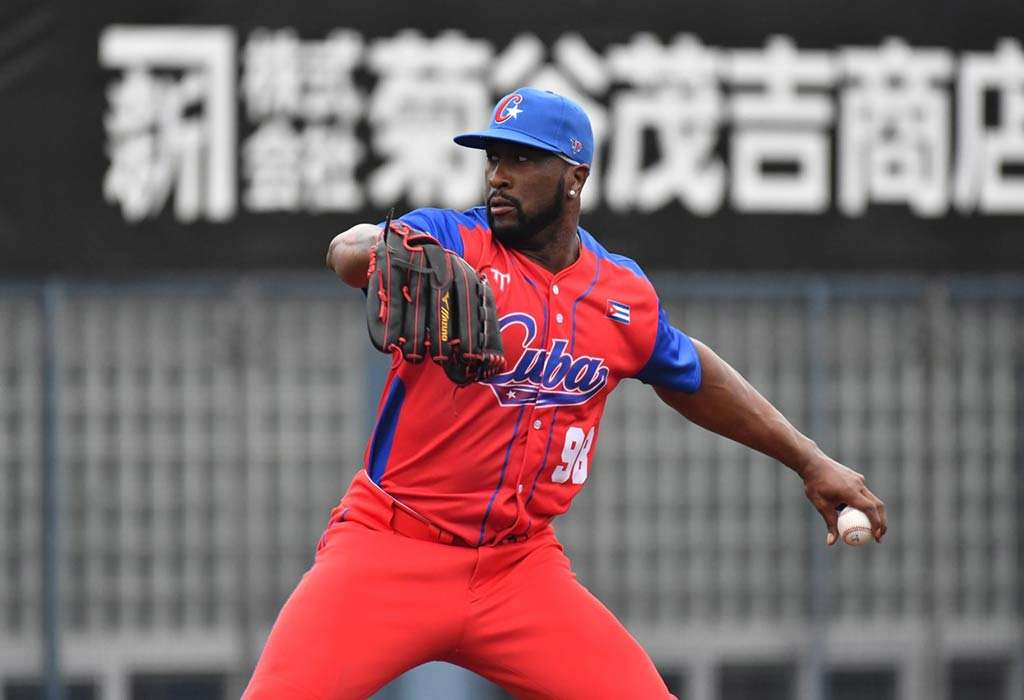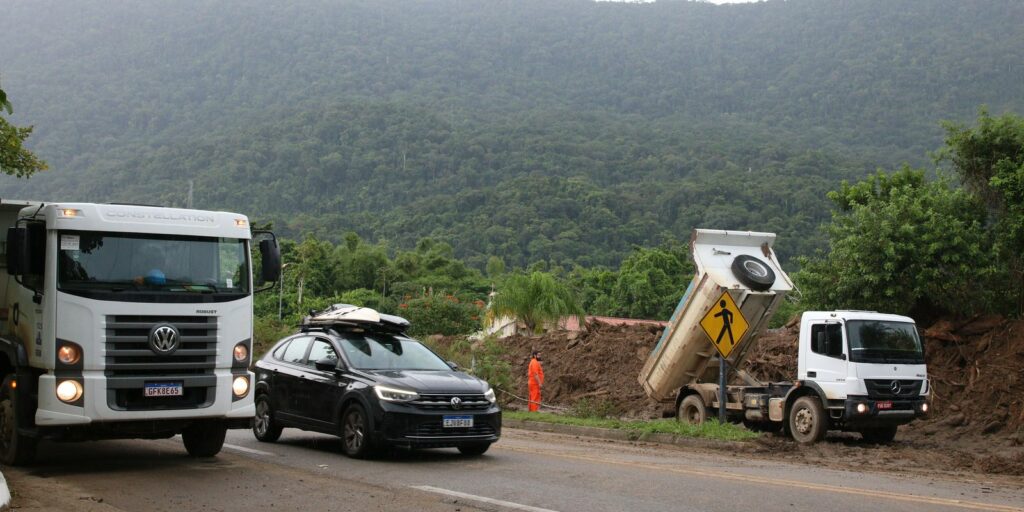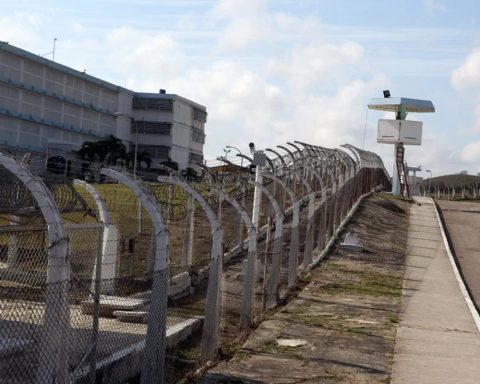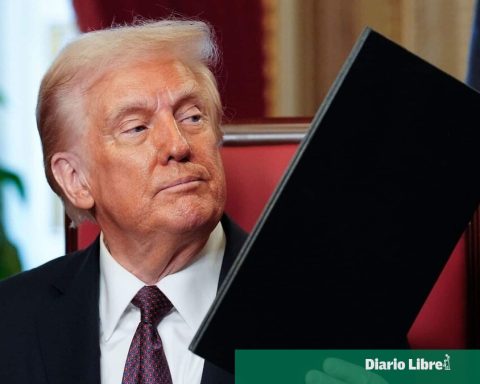Last Wednesday, February 23, President Gustavo Petro proposed “democratizing energy.” The president assured: “Why not democratize, then, the generation of energy? Isn’t that Democracy?“.
“Of course, the Government can contract the constitution of these energy communities and fundamentally allow them to exist, because we have an oligopoly of six large energy generators, which practically have by the neck -through the collection of tariffs-, the majority of the Colombian population”, affirmed the head of state.
(Read: Francia Márquez explains why she arrives and leaves her house by helicopter).
His proposal was made in the middle of the visit to the Internet Community Network ‘The Net of the Wind’ in Caldono, Cauca. It should be remembered that a few days ago, through a decree, the President resumed the general functions delegated to the Drinking Water and Basic Sanitation Regulation Commission (CRA) and to the Energy and Gas Regulation Commission (Creg).
“Why not democratize, then, the generation of energy? Isn’t that Democracy? And now that we are here, presenting this network to Colombian society, which is called the ‘Wind Network’, which is a very nice name, the Wind Network can be multiplied by ten thousand, it can be multiplied by fifty thousand, by hundred thousand different points, throughout the national geography”said the president.
Petro also talked about the importance of ‘broadband’, digital space and fiber optics for indigenous communities.
(Also: What will happen to contracts for the provision of services with the State?).
“In fact, I would say that a new land is going there. The land is no longer just this, the physical one, on which we are standing, where we can cultivate, but there is a new land that they now call ‘Virtual’, which does not it can be touched but it can produce more cultivation and culture than the physical land itself. It is what is now called ‘broadband’, the digital space, what goes through fiber optics and is precisely what the community uses through the Red del Viento to be able, then, to take care of the land, autonomy and culture,” he said.
Finally, the Pte. @PetroGustavo He said: “The peasantry should know about clean energy, about the possibility of using compost without oil. If we can use the coca leaf to make compost without oil, then we buy the crop from the peasants to make compost.” pic.twitter.com/x2Y3swnLEv
– Colombian Presidency ?? (@infopresidencia) February 21, 2023
“I want this, Minister, to spread throughout the country. We have close to three thousand -some more community than others-, Communities of Connectivity. You have to multiply that figure by ten, by one hundred. Any regulation that prevents it must be removed. It is necessary to remove the poverty with which these fiber optic networks are laid so that, with public money, they can become strong fiber optic networks. So that we have ten thousand television channels, not just two or three“, said.
The President requested that the power of communication belongs to everyone in Colombia, not only of the State nor of the richest.
(Read: Government vs. Fedegán: the hectares that generate ‘clashes’ between the two).
“This government must promote – through public contracting – that these networks can be extended to the next village and the next village and the next reservation and the protection of another type of culture… and, like this, throughout all the reservations in the country. And like this, for all the Afro-descendant communities, and like this for all the popular neighborhoods of Colombia’Petro said.
The president, in turn, spoke of the proposal for the communities to be in charge of the construction of tertiary roads and not contractors. “Because the tertiary roads are rural roads, they are the roads of the indigenous, they are the roads of the black, they are the roads of the poor, in the end. Left out there, the winters devastating them over and over again each year, they had almost no care of the Government, more interested in the works of big capital”, he said.
In this way, a popular hiring would be implemented. Likewise, a clean energy contracting process. “It is that a community can generate clean electrical energy, an energy that does not change the chemistry of the atmosphere in the perspective that it can extinguish us as humanity, as science has taught us through the climate crisis,” Petro said.
BRIEFCASE
